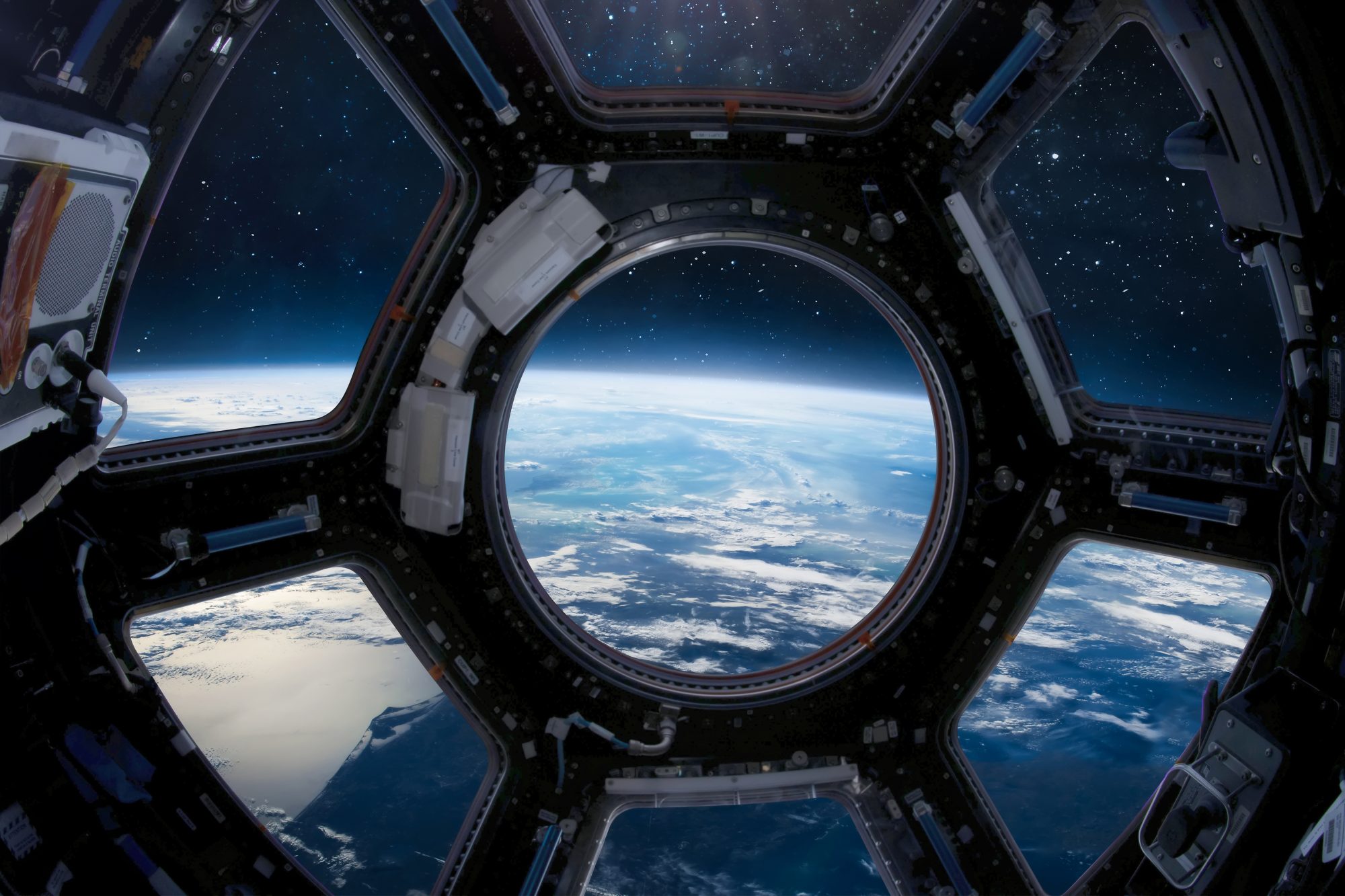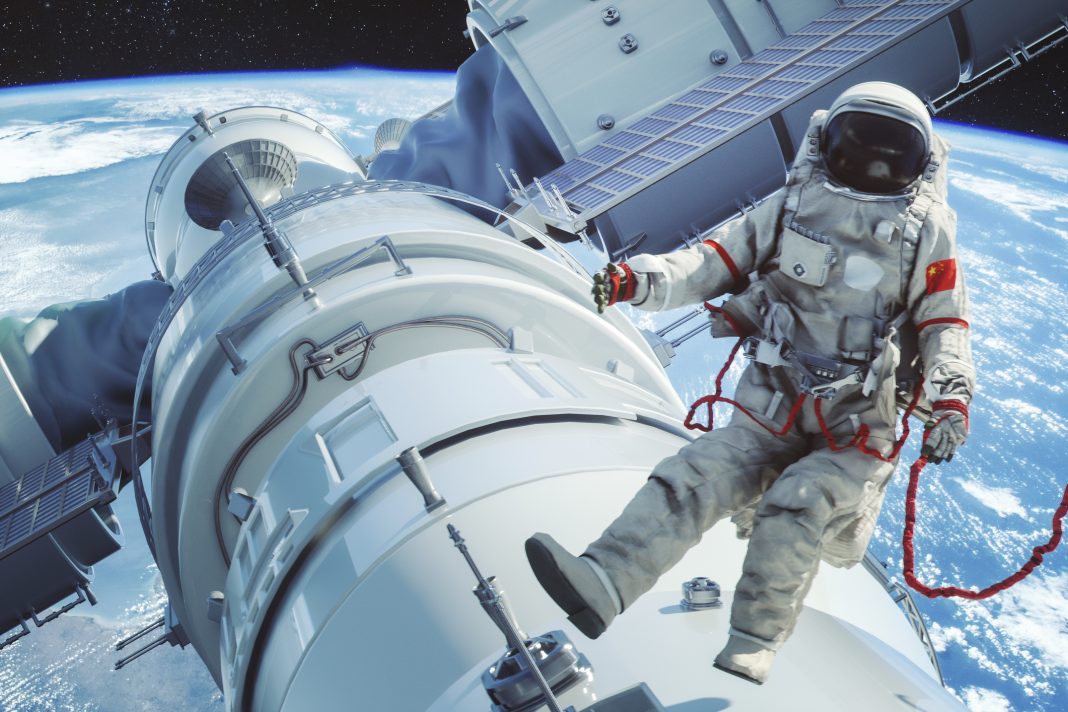The sensation of ‘weightlessness’ during space travel has long-term effects on the brain, where the brain’s rules about gravity are no longer applicable
Scientists at the University of Antwerp and the University of Liège demonstrate that the human brain changes and adapts to weightlessness after 6 months of space travel in the mission to the International Space Station (ISS), with lasting effects up to 8 months after returning to Earth.
Investigating what the exact behavioural consequence is for these brain communication changes; researchers aim to understand how extended periods of space travel can influence our brain characteristics.
This may be helpful in selecting future astronauts or monitoring them during and after going to space.
Adaptation is required to live in weightlessness
We already understand the physical laws of gravity to function optimally on Earth: this can be seen with a child who learns not to drop a glass on the floor, or a tennis player predicting the course of an incoming ball to hit it accurately.
Astronauts who go to space live in a ‘weightless’ environment where the brain’s understandings of gravity are no longer applicable.
Taking magnetic resonance imaging (MRI) data from 14 astronaut brains before and several times after their mission to space, this BRAIN-DTI scientific project collects the astronauts’ brain data in a resting condition, hence without having them engage in a specific task – investigating the brain’s default state and to find out whether this changes or not after long-duration spaceflight.
Functional connectivity changes in specific regions.
The analyses of the brain’s activity at rest revealed how functional connectivity – a marker of how activity in some brain areas is correlated with the activity in others – changes in specific regions.
The research primarily demonstrated that altered gravitational environments influence functional connectivity longitudinally in multimodal brain hubs, reflecting adaptations to unfamiliar and conflicting sensory input in microgravity.

Altered communication patterns when back on Earth
Steven Jillings and Floris Wuyts at the University of Antwerp said: “We found that connectivity was altered after spaceflight in regions which support the integration of different types of information, rather than dealing with only one type each time, such as visual, auditory, or movement information.
“Moreover, we found that some of these altered communication patterns were retained throughout 8 months of being back on Earth. At the same time, some brain changes returned to the level of how the areas were functioning before the space mission.”
Both scenarios of changes are plausible: retained changes in brain communication may indicate a learning effect, while transient changes may indicate more acute adaptation to changed gravity levels.
Dr. Athena Demertzi, GIGA Institute, University of Liège, added: “This dataset is so special as their participants themselves. Back in 2016, we were historically the first to show how spaceflight may affect the brain function of a single cosmonaut.
“Some years later we are now in a unique position to investigate the brains of more astronauts, several times. Therefore, we are deciphering the potential of the human brain all the more in confidence.”
Transferring the knowledge to the future generation of astronauts
Raphaël Liégeois, soon to be the third Belgian in space, acknowledges the importance of the research: “to prepare the new generation of astronauts for longer missions.
“This work is an important step to prepare the new generation of astronauts for longer missions”
“Understanding physiological and behavioural changes triggered by weightlessness is key to plan human space exploration. Therefore, mapping changes of brain function using neuroimaging techniques as done in this work is an important step to prepare the new generation of astronauts for longer missions.”











